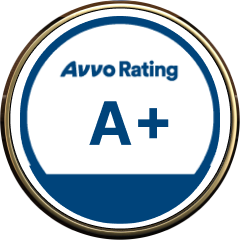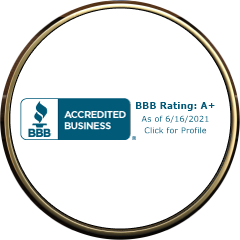Sole Proprietorship
- Home /
- Service /
- Sole Proprietorship
A sole proprietorship is the easiest way to start a business in Texas. However, it also comes with the greatest exposure to liability and can be difficult to expand and sell. It is important to consider the advantages and disadvantages of utilizing a sole proprietorship as well as alternative business entities available for you to use, including: LLCs, PLLCs, Corporations, and Partnerships. The attorneys at West & West, Greer & Estorga can help small business owners throughout Texas, including Central Texas, South Texas, the Texas Hill Country, San Antonio/Bexar County, Seguin/Guadalupe County, Kerrville/Kerr County, Bandera/Bandera County, New Braunfels/Comal County, and Boerne/Kendall County determine which business entity is best for them.

Sole proprietorships offer easy startup and sole control, they also entail personal liability, lack of continuity, and challenges in growth and selling…
If you are thinking about starting a new business or need a lawyer to help with your existing business contact us today.
Want to find out more? Contact us now to schedule your consultation.
Don't waste time take action call today!
Comprehensive legal support for your business ventures and endeavors











Dedicated to providing outstanding legal services and to guide our clients through complex legal matters with integrity, professionalism, and unwavering commitment.